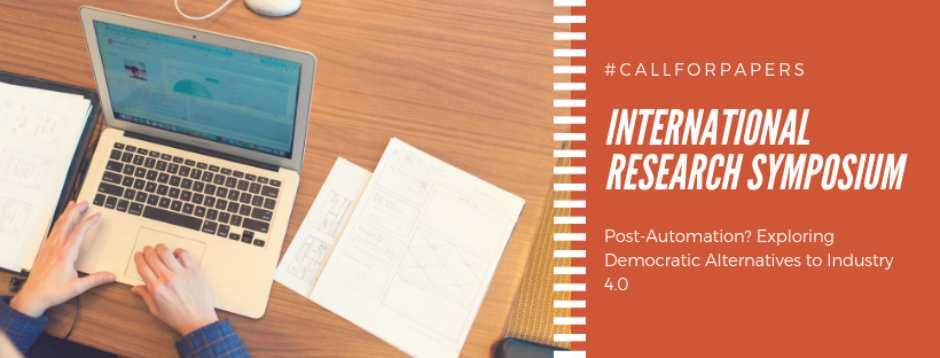By Diego Andreucci Political ecology should take populism seriously, not only because of its authoritarian or regressive manifestations, but also for its transformative potential. The rise of right-wing populism is intimately…
Should political ecology be populist?
Art, Uncertainty and System Change
It is becoming increasingly common to see funders, at national and international levels, in the sciences, arts and humanities, encouraging interdisciplinary approaches to various fundamental policy challenges. Initiatives focusing on…
Embracing uncertainty: what are the implications for sustainability and development?
Uncertainty is a concept that defines our times. Every media headline seems to assert that things are uncertain, and increasingly so. Whether it’s climate change, disease outbreaks, economic conditions or…
Views from the coast: uncertainty beyond climate change
Coastal areas are a poster child for climate vulnerability. They are marked and scarred by sea level rise, salinization, warming water, declining fish stocks, storms, changes in currents and weather…
Zimbabwe’s fuel riots: why austerity economics and repression won’t solve the problem
A day after the president announced a 150 percent hike in fuel prices, the Zimbabwe Congress of Trades Unions and others called for a peaceful three-day shutdown. Their demands were…
Call For Papers: International Research Symposium on Post-Automation
International Research Symposium Post-Automation? Exploring Democratic Alternatives to Industry 4.0 11-13 September 2019 Science Policy Research Unit (SPRU), University of Sussex, Brighton, UK About the Symposium We are delighted to…
Headless populism and the political ecology of alienation
Populism of the kind displayed by the Yellow Vests is a revolt against social and ecological alienation and an affirmation of collective popular power. Since the gilets jaunes (‘Yellow Vests’) erupted onto…
Skills for Sustainability Research
By Fateme Zare, Victoria Evia and Michael Kriechbaum What skills and dispositions do researchers require for sustainability and transdisciplinary research? In this blog post, we want to provide insights on this…






